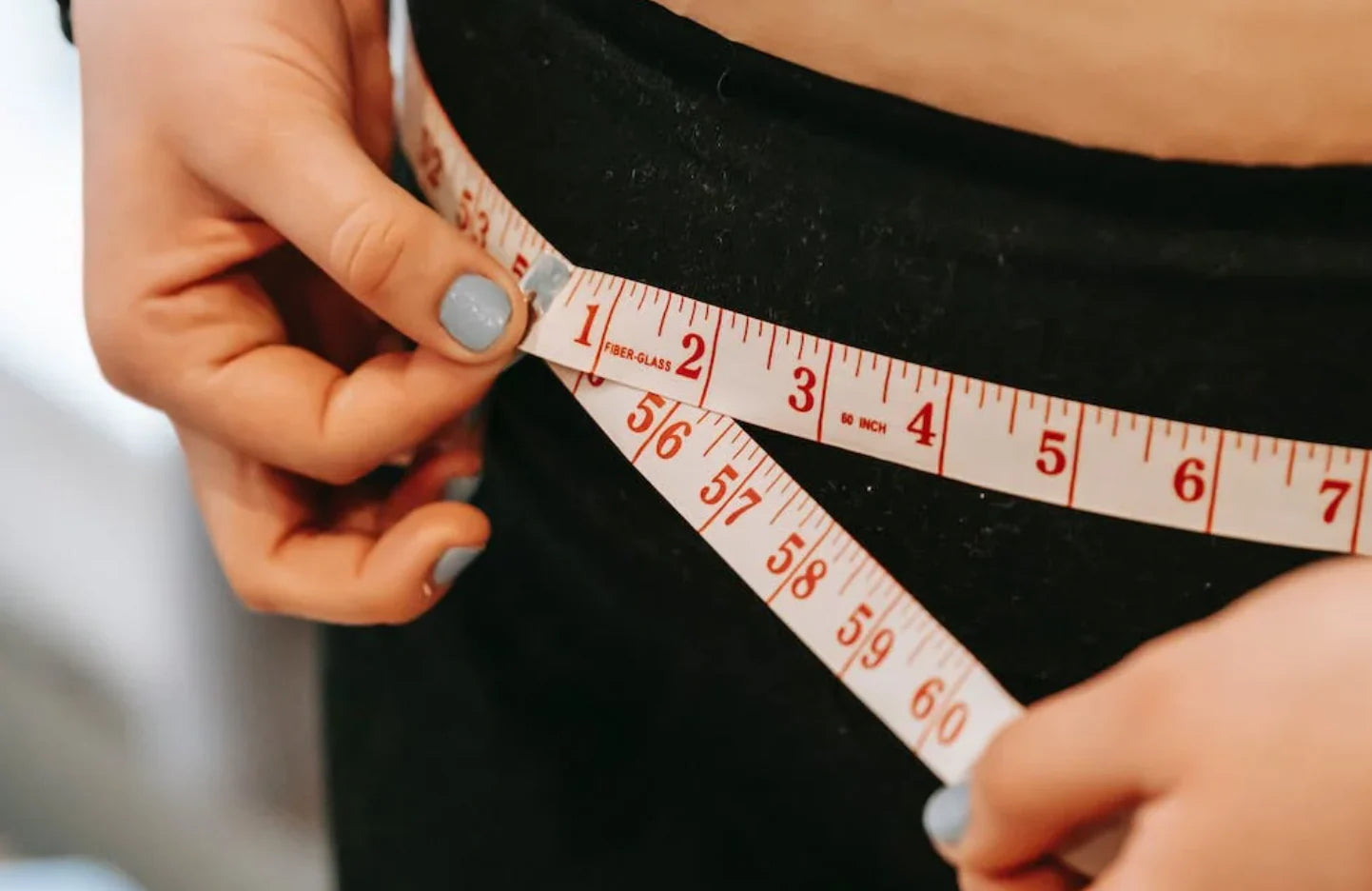

Have you wondered whether there is a correlation between obesity and periods?
The answer is yes. There is a clear correlation between weight and menstrual cycle.
Obesity can be caused through various health conditions or changes in lifestyle. Having excess weight causes an imbalance in hormones, which directly affects your periods.
So in this blog, let's learn about what exactly obesity is and how obesity and menstrual cycles are related.
Learning about obesity
What is obesity?
Obesity is commonly defined as having excess body mass. It’s a complex, chronic physical condition with various causes that lead to excessive body fat and, in several cases, poor health.
Body fat itself isn’t the problem, but when your body has an excess amount in proportion to your muscle weight, it can significantly change the way your body functions.
How is obesity caused?
Obesity is most commonly caused by high calorie consumption, not burning enough calories through daily activities or exercise.
When your body has an excess of calories, it stores them in the form of fat. Too much unhealthy fat leads to obesity.
Unfortunately, modern lifestyles across the world are increasingly prone to this condition.
Factors such as choosing fast food over balanced meals due to a lack of time, exposure to pervasive advertising about processed foods, psychological factors such as loneliness, anxiety, and depression, and sedentary work and leisure lifestyles all contribute to the possible risk of obesity.
Obesity can also be caused by various health conditions, such as hypothyroidism, Cushing's Syndrome, or Type II Diabetes.
Conditions such as arthritis can reduce the ability to be physically active and, as a result, cause obesity.


How is obesity measured?
Obesity can be measured in several ways.
The most common method of measuring obesity is the Body Mass Index (BMI). BMI can be easily calculated from the heights and weights of individuals, and the strengths of this method are that it’s easy to measure, inexpensive, and is strongly correlated with body fat levels.
However, it gets less accurate as you age, and is an indirect and imperfect measurement as it does not distinguish between body fat and lean mass. Hence, it’s always advised to confirm with your doctor before diagnosing yourself.
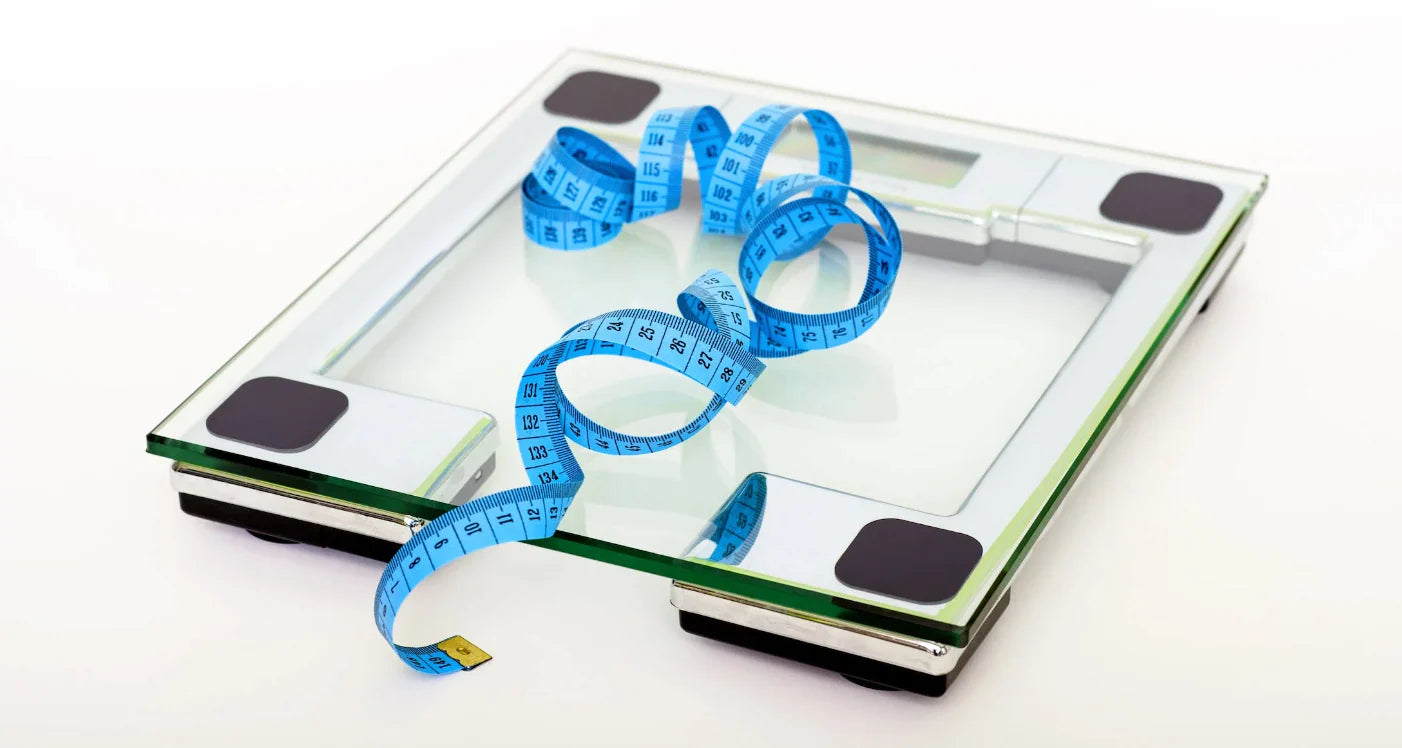

Obesity and periods
Can weight gain affect your period?
There is a significant weight and menstrual cycle correlation—for example, it may affect the regularity of periods or may even make them stop altogether. The reason why weight affects periods is that it affects hormone levels.
If your body has excess fat, it might produce more oestrogen, which is the main female sex hormone that regulates your reproductive system.
This affects how often you have periods and whether or not you get them in the first place.
How does obesity affect menstruation?
There can be various effects of obesity on the menstrual cycle.
Obesity increases your chances of experiencing heavy periods and abnormal uterine bleeding. This is because it causes systemic inflammation that delays endometrial repair and increases loss of menstrual blood.
Heavy bleeding is characterised by bleeding that lasts more than seven days, and when left untreated, can lead to iron-deficiency anaemia.
Read this blog to learn more about iron deficiency anaemia and heavy periods.
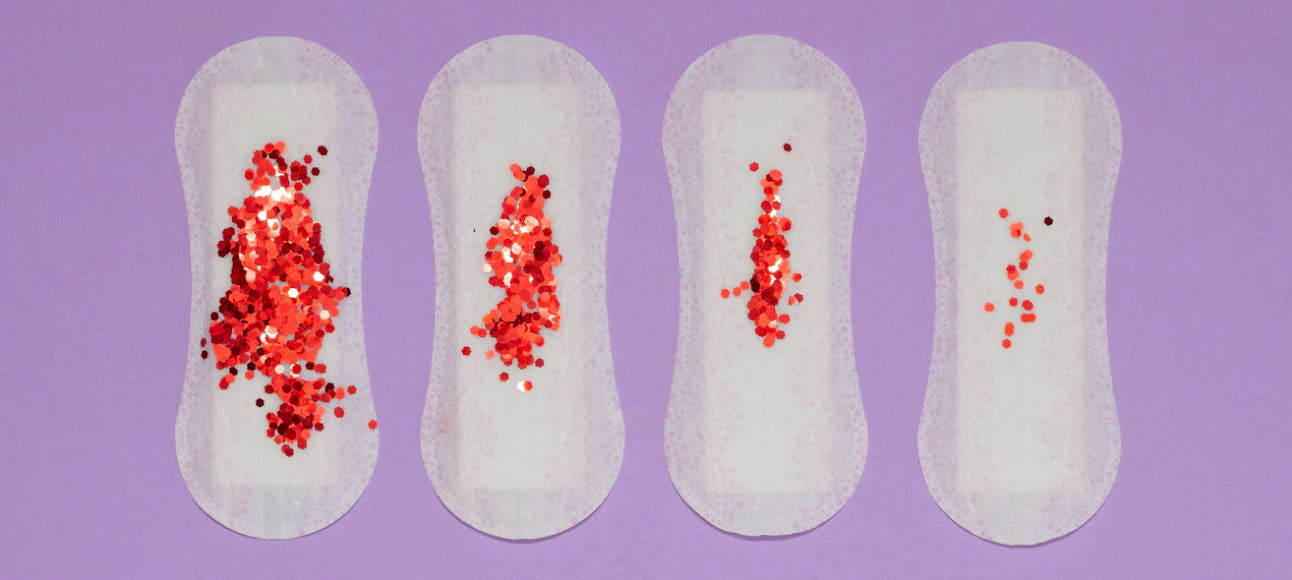

Does obesity from a young age affect menstruation?
Yes, obesity from a young age can cause your period to come earlier.
Girls with severe obesity are 2.6 times more likely to get their periods earlier than the average age of 12 years old.
Are there any risks of obesity-related menstrual issues?
The most common menstrual disorder in obese individuals is polycystic ovary syndrome (PCOS).
PCOS is a hormonal disorder that causes enlarged ovaries with small cysts growing on them. People with PCOS can experience skipped or irregular periods, acne, excess hair growth, and infertility.
Weight gain and obesity can cause the development of PCOS.


How can I manage obesity?
The best way to manage obesity and reduce body fat is by maintaining a healthy diet and a consistent exercise routine.
Unfortunately, obesity caused by health conditions and medications can be quite hard to manage. It’s important to have a balanced lifestyle and consult a doctor to understand what best works for your body.
The good news is that weight loss and period changes are directly related.
As you experience weight loss, your periods are more likely to become regular.
Frequently asked questions
Can being overweight cause irregular periods?
Yes, being overweight can lead to irregular periods due to hormonal imbalances.
Can obesity cause prolonged periods?
Menstrual cycle length and obesity are directly related. In many cases, obesity can cause prolonged and heavier periods.
Are periods worse if you are overweight?
Obesity can cause various menstrual irregularities, including PCOS, heavier and longer periods, or skipped periods.
So yes, period symptoms can be worse if you are overweight.
Can obesity cause fertility issues?
Yes, being overweight can cause fertility issues.
This is because obesity can cause insulin resistance, which is when your body has to produce more amounts of insulin to maintain your blood sugar levels. Obesity also decreases levels of sex hormone-binding globulin (SHBG).
These factors cause irregular menstrual cycles, which in turn can cause higher infertility.
How does obesity cause amenorrhea?
Amenorrhea is essentially the absence of periods.
Obesity-related amenorrhea is caused due to high levels of estrogen in your body.
How are adipose tissue and menstrual irregularities related?
Adipose tissue, which is more commonly known as body fat, is directly related. Due to the imbalance of hormones from obesity, it is common to experience menstrual irregularities.


Asan Menstrual Cup


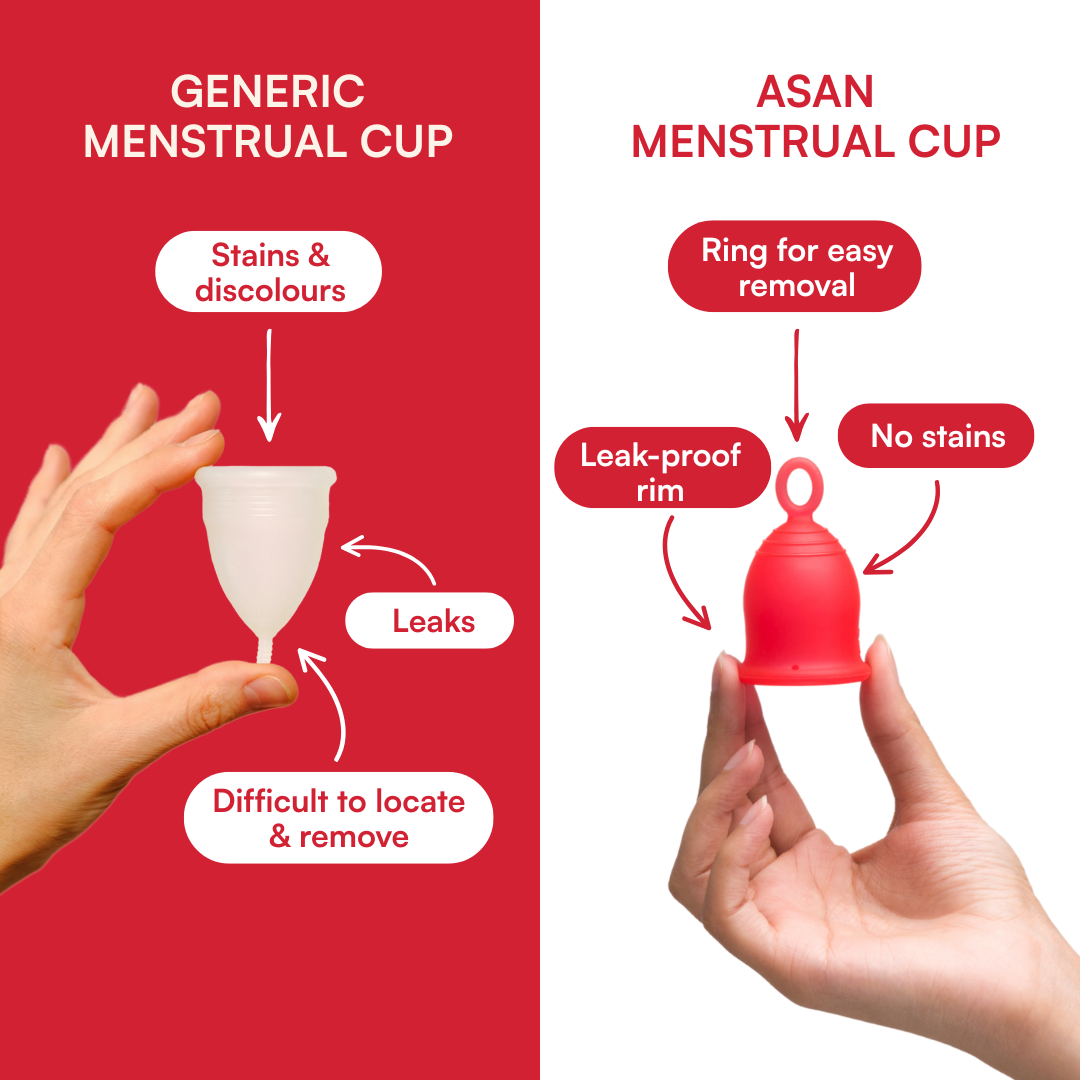

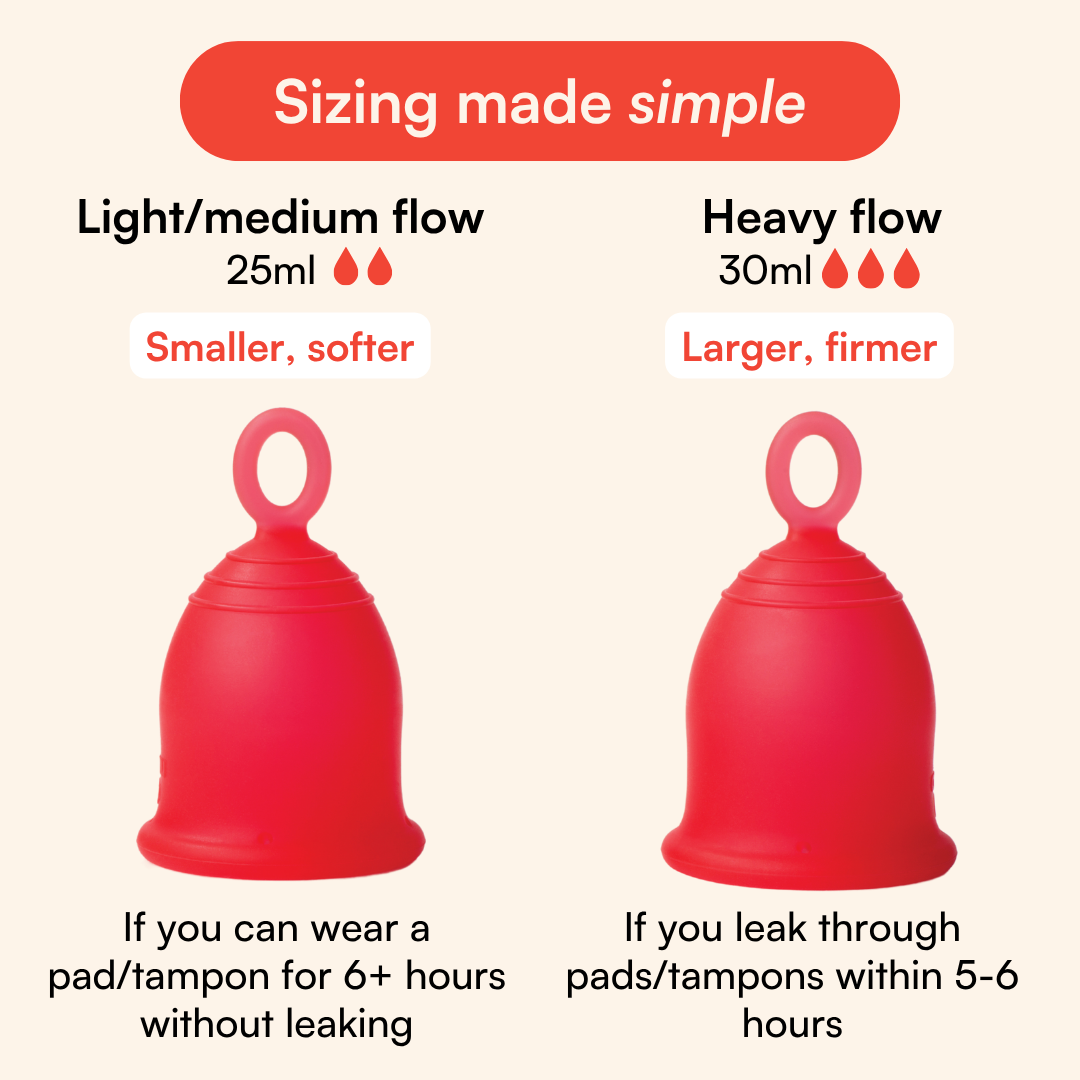
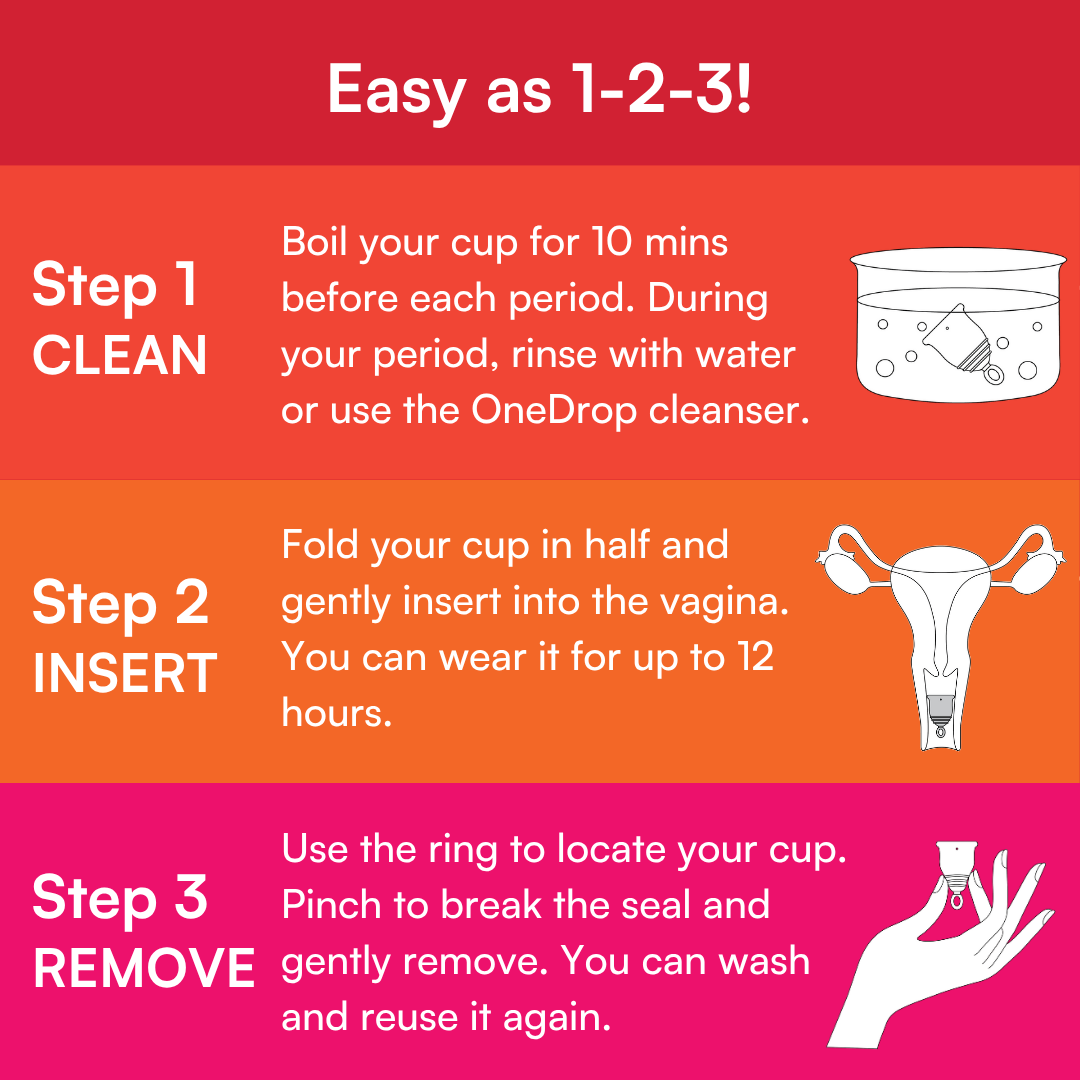


More Posts
View all-

Is it safe to take period delay pills?
Thinking of delaying your period? This guide explains how period delay pills work, what to watch out for, and how tracking your cycle can make planning easier.
Is it safe to take period delay pills?
Thinking of delaying your period? This guide explains how period delay pills work, what to watch out for, and how tracking your cycle can make planning easier.
-

What are the stages and symptoms of menopause?
Menopause is a natural transition, but it can bring a mix of changes to your body and mind. This blog covers the stages, common symptoms, and simple tips to help...
What are the stages and symptoms of menopause?
Menopause is a natural transition, but it can bring a mix of changes to your body and mind. This blog covers the stages, common symptoms, and simple tips to help...
-

How to track your menstrual cycle with a period tracking app
Still counting days on your fingers to guess your next period? A period tracking app can change that. From predicting your cycle to spotting patterns in your mood, energy, and...
How to track your menstrual cycle with a period tracking app
Still counting days on your fingers to guess your next period? A period tracking app can change that. From predicting your cycle to spotting patterns in your mood, energy, and...
-

Can you use a menstrual cup if you have PCOD?
Curious how PCOD affects your cycle, fertility, and hormones? This guide breaks it down simply, plus tips on managing symptoms and using menstrual cups.
Can you use a menstrual cup if you have PCOD?
Curious how PCOD affects your cycle, fertility, and hormones? This guide breaks it down simply, plus tips on managing symptoms and using menstrual cups.




